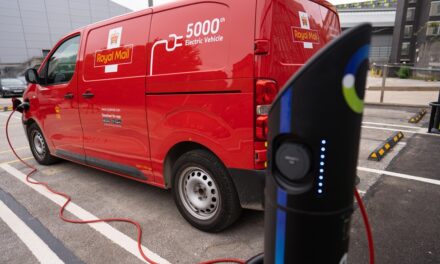
Message to ministers: Future of Royal Mail requires judgment of Solomon
Royal Mail’s letters business is a conundrum. A state-owned organisation operating in a free market. Charged with making profits but obliged to offer a universal service delivering to 27m addresses six days a week. The competition wants to dig deep into its market share and for a year has had the freedom to do so. Top management wants to open up the share capital to the workforce – a proposal that leaves the government facing a judgment that would stretch Solomon.
Yesterday regulator Postcomm delivered its verdict on the first year of liberalisation of the 80m letters-a-day market which has pitted the 350-year-old monopoly against almost 20 challengers. The conclusion? So far, so good – but it’s not going to get easier. Price sensitivity, alternatives such as email and the need for innovation mean tough times for the industry as a whole, while Royal Mail also faces the need to adapt and invest.
According to Postcomm the introduction of full-scale competition has given postal service users greater choice and lower costs and has spurred Royal Mail into dramatically improving its service.





